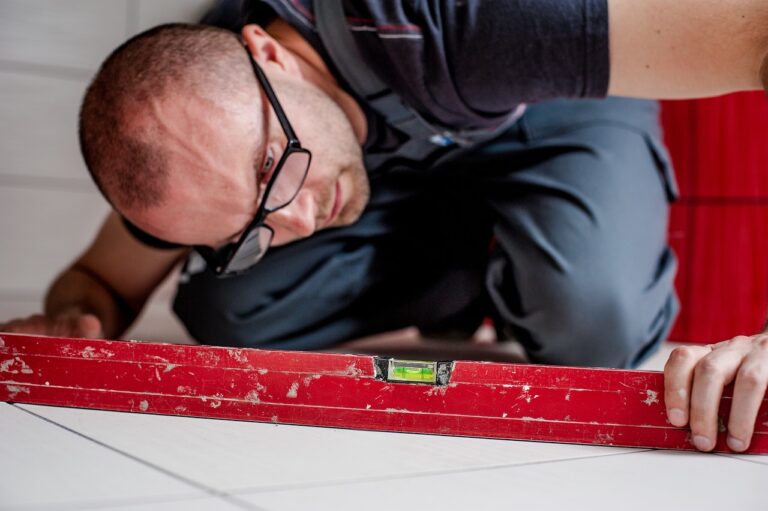Market Opportunities for Space-Based Genetic Engineering Research: All panel login, Crickbet99, Lotus365
all panel login, crickbet99, Lotus365: Market Opportunities for Space-Based Genetic Engineering Research
In the ever-evolving field of genetic engineering, researchers are constantly seeking new opportunities and advancements. One area that has shown great promise in recent years is space-based genetic engineering research. With the increasing interest in space exploration and the development of technologies that allow for experiments to be conducted in space, the possibilities for genetic engineering research are endless.
In this blog post, we will explore the market opportunities for space-based genetic engineering research. We will discuss the advantages of conducting research in space, the potential applications of genetic engineering in space, and the growing interest from both the public and private sectors. Let’s dive in!
Advantages of Conducting Genetic Engineering Research in Space
One of the main advantages of conducting genetic engineering research in space is the unique environment that it provides. In space, researchers have access to microgravity, radiation, and other factors that are not present on Earth. These conditions can help scientists better understand how genes are expressed and how they can be manipulated.
Additionally, the absence of gravity in space can lead to the development of new biotechnologies and therapies that would not be possible on Earth. For example, researchers have found that certain cells grow faster and more efficiently in space, which could lead to the production of new drugs and treatments.
Potential Applications of Genetic Engineering in Space
The potential applications of genetic engineering in space are vast. One area of interest is the development of new crops that can thrive in harsh space environments, such as on Mars or the Moon. By genetically engineering plants to be more resilient to radiation, extreme temperatures, and nutrient deficiencies, researchers could pave the way for sustainable food production in space.
Another potential application of genetic engineering in space is the development of new therapies for diseases that are difficult to treat on Earth. By studying how genes are affected by microgravity and radiation, scientists could discover new ways to combat cancer, heart disease, and other illnesses.
Growing Interest from the Public and Private Sectors
As the possibilities of space-based genetic engineering research become more apparent, there has been a growing interest from both the public and private sectors. Companies like SpaceX, Blue Origin, and Virgin Galactic are investing in space technologies that could support genetic engineering research in the future.
Government agencies, such as NASA and the European Space Agency, are also funding projects that explore the intersection of genetic engineering and space exploration. With advancements in space travel and technology, researchers are now able to conduct experiments in space more easily and cost-effectively than ever before.
Overall, the market opportunities for space-based genetic engineering research are vast and exciting. With the potential to revolutionize agriculture, medicine, and biotechnology, researchers are eager to explore the possibilities that space has to offer.
FAQs
Q: What are some challenges of conducting genetic engineering research in space?
A: Some challenges include the cost of launching experiments into space, the limited availability of space on spacecraft, and the potential for experiments to be affected by factors such as radiation and microgravity.
Q: How can companies get involved in space-based genetic engineering research?
A: Companies can partner with government agencies, invest in space technologies, and collaborate with research institutions to support genetic engineering research in space.
Q: What are the ethical considerations of genetic engineering in space?
A: Ethical considerations include the potential for genetically modified organisms to escape into the environment, the impact of genetic engineering on biodiversity, and the implications of creating new life forms in space.
In conclusion, space-based genetic engineering research offers exciting opportunities for researchers to explore new frontiers in science and technology. With the support of the public and private sectors, the possibilities for advancements in agriculture, medicine, and biotechnology are virtually limitless. As we continue to push the boundaries of genetic engineering in space, the future looks brighter than ever before.
Sources:
– NASA. “Genetic Engineering in Space.” https://www.nasa.gov/topics/technology/genetic-engineering-in-space.
– European Space Agency. “Biotechnology Research in Space.” https://www.esa.int/Science_Exploration/Human_and_Robotic_Exploration/Biotechnology_Research_in_Space.







